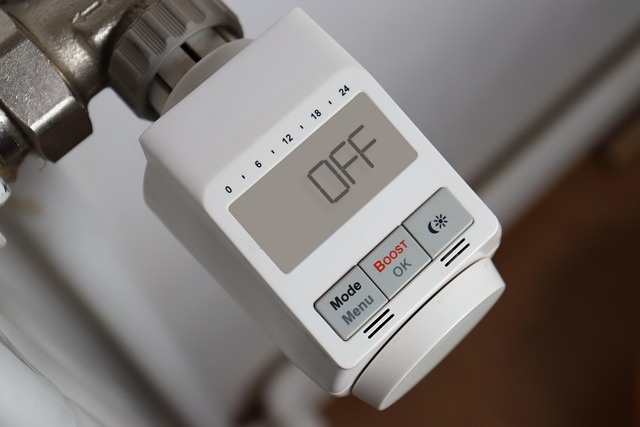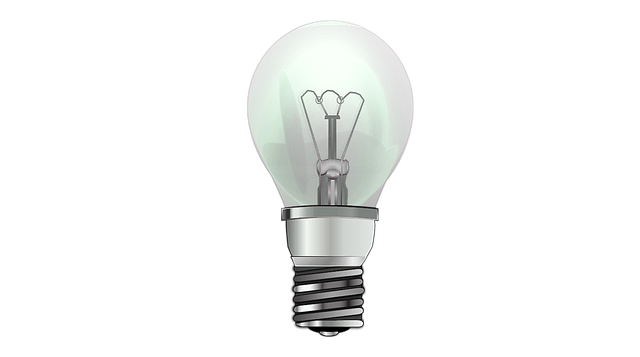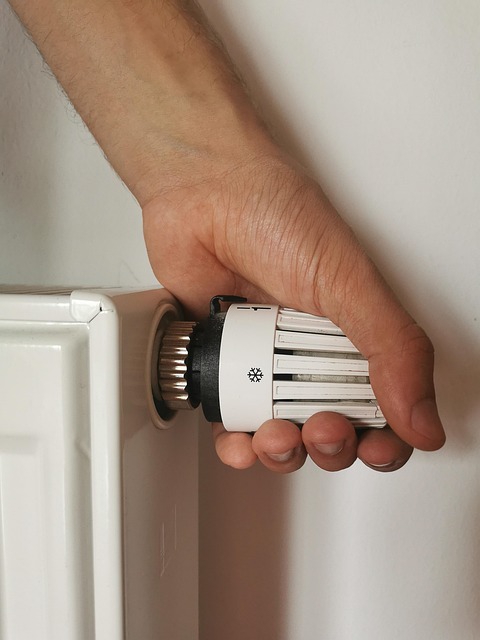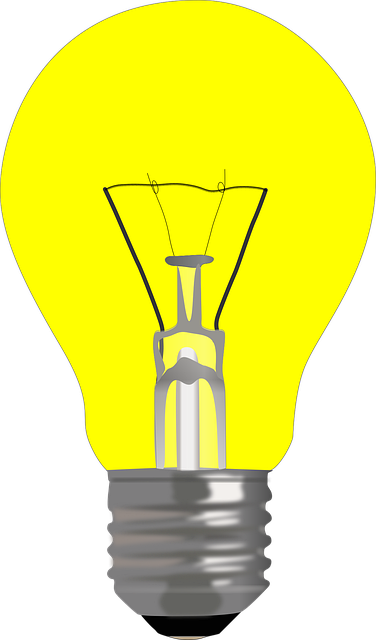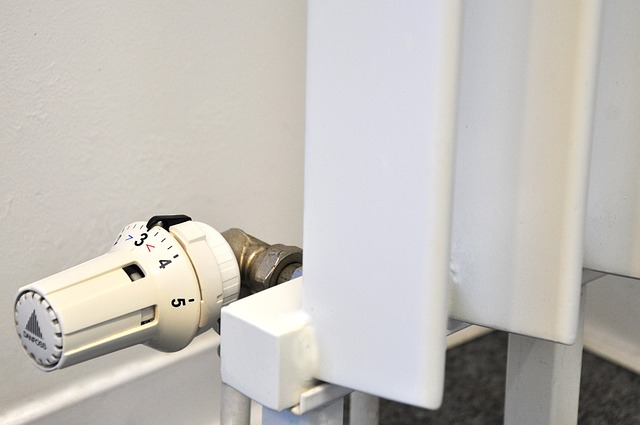
Category: Smart Home Installations Eugene Oregon
Smart Home Installations Eugene Oregon: Transforming Living Spaces into Future-Ready Environments
Introduction
Welcome to the world of smart home installations, where technology seamlessly integrates with our daily lives, offering unparalleled convenience, efficiency, and security. This article delves into the vibrant landscape of smart home setups specifically in Eugene, Oregon, exploring its rise as a cutting-edge innovation hub. By examining various aspects, from global trends to local implementations, we aim to provide an insightful guide for both technology enthusiasts and those curious about the future of home living. Eugene’s story is one of technological adoption, community engagement, and the endless possibilities that smart homes offer.
Understanding Smart Home Installations in Eugene Oregon
Definition and Core Components
Smart home installations refer to the integration of internet-connected devices and systems within a residential property, enabling remote control and automation of various functions. These include lighting, heating/cooling, security, entertainment systems, and appliances. In Eugene, Oregon, smart home technology has evolved from being a niche interest to a mainstream lifestyle choice for many residents.
The core components of a smart home typically include:
- Hub or Control System: Acts as the brain of the operation, allowing users to control and monitor devices through a central interface (e.g., smartphone app).
- Internet Connectivity: High-speed internet is essential for seamless device communication and remote access.
- Sensors and Actuators: These devices detect changes in the environment (motion, temperature) and trigger actions (lighting adjustments, alarm activation).
- Smart Devices: A wide array of gadgets like smart lights, thermostats, cameras, door locks, and speakers are controlled by the central system.
Historical Context and Significance
The concept of smart homes has its roots in science fiction, with visions of futuristic living spaces that respond to our needs. However, the practical realization of this idea began in the late 20th century with the advent of home automation systems. Eugene, known for its tech-savvy community and forward-thinking urban planning, has been at the forefront of embracing smart home technology.
Significance lies in several factors:
- Enhanced Convenience: Smart homes enable users to automate mundane tasks, providing more free time and improved quality of life.
- Energy Efficiency: Automated systems can optimize energy usage, leading to cost savings and environmental benefits.
- Security and Safety: Advanced security features, such as motion sensors and smart cameras, offer peace of mind and protection.
- Personalization: Users can tailor their living spaces to individual preferences, creating a unique and comfortable environment.
Global Impact and Trends
International Influence
The global smart home market has experienced tremendous growth, with various regions adopting and adapting this technology at different rates. Eugene’s smart home scene is influenced by international trends, but it also boasts a distinct local character shaped by the area’s culture and demographics.
Key global influences include:
- North America: The United States and Canada lead in smart home adoption, driven by advanced infrastructure and a tech-oriented culture.
- Europe: Countries like Germany and the UK have robust smart city initiatives, integrating smart homes into urban development plans.
- Asia Pacific: Rapid industrialization and a growing middle class are fueling the demand for smart home solutions in regions like China and South Korea.
Regional Trends
In the United States, the smart home market is characterized by:
- West Coast Dominance: California and Oregon are hotspots for innovation, with thriving tech communities driving adoption.
- Millennial Influence: Younger generations embrace smart home technology more readily, shaping future trends.
- Integration with Smart Cities: Many cities are integrating smart homes into larger urban infrastructure projects.
Economic Considerations
Market Dynamics
The global smart home market is a dynamic and rapidly evolving sector, driven by factors such as:
- Increasing Internet Penetration: More households have high-speed internet access, enabling smart home adoption.
- Falling Device Costs: The price of smart home devices has decreased, making them more affordable for consumers.
- Government Incentives: Some regions offer incentives for energy-efficient homes, promoting smart technology integration.
Investment Patterns
Investment in smart home startups and research has been robust, with venture capital firms recognizing the market’s potential. Eugene’s tech industry has attracted significant investments, fostering a thriving ecosystem for smart home innovation. Local entrepreneurs and developers play a crucial role in creating solutions tailored to the region’s needs.
Economic Impact
- Job Creation: The growth of smart home technology has led to new job opportunities in development, installation, and maintenance.
- Home Value Enhancement: Smart homes are often seen as premium features, potentially increasing property values.
- Energy Cost Savings: Efficient systems can reduce energy consumption, providing long-term financial benefits for homeowners.
Technological Advancements
Recent Breakthroughs
The field of smart home technology is characterized by constant innovation:
- Artificial Intelligence (AI): AI algorithms enhance device learning and decision-making, improving automation and user experience.
- Voice Control: Virtual assistants like Alexa and Google Assistant have become integral to smart home control, offering hands-free convenience.
- Security Enhancements: Biometric access control and advanced encryption protocols boost home security.
- Energy Management Systems: Smart grids and integrated energy management systems optimize electricity usage.
Future Potential
Emerging technologies poised to shape the future of smart homes include:
- 5G Connectivity: Faster, more reliable networks enable real-time device communication and enhanced automation.
- Internet of Things (IoT) Expansion: The IoT ecosystem will grow, connecting more devices and creating a truly interconnected home.
- Smart Health Integration: Home automation can cater to aging populations, promoting independent living with health monitoring.
- Eco-Friendly Innovations: Sustainable smart home solutions will gain prominence, aligning with global environmental goals.
Policy and Regulation
Governing Bodies
The development and deployment of smart home installations are subject to various policies and regulations:
- Federal Level: The U.S. Federal Trade Commission (FTC) oversees consumer protection and privacy for connected devices.
- State and Local Authorities: States and municipalities enforce building codes, electrical safety standards, and data privacy laws. In Oregon, the Oregon Department of Consumer and Business Services regulates certain aspects of smart home installations.
Key Regulations and Frameworks
- Data Privacy: Laws protect consumer data, with regulations like GDPR in Europe setting global standards.
- Cybersecurity: Smart home devices must adhere to security protocols to prevent cyberattacks and unauthorized access.
- Building Codes: Local building codes may mandate smart home capabilities for new constructions and renovations.
- Interoperability Standards: Protocols ensure different smart home devices can communicate seamlessly, promoting a unified system.
Challenges and Criticisms
Overcoming Barriers
Despite its numerous benefits, the smart home industry faces several challenges:
- Initial Cost: Setting up a comprehensive smart home system can be expensive, deterring some potential users.
- Complexity: Installing and configuring devices can be technical, requiring skilled professionals.
- Security Concerns: As more devices connect to home networks, potential vulnerabilities increase.
- Privacy Issues: Data collection and storage raise privacy concerns, especially with third-party services.
Proposed Solutions
To address these issues:
- Government Incentives: Subsidies or tax breaks for smart home installations can offset initial costs.
- Simplified Installation: Developing user-friendly interfaces and pre-configured systems can reduce complexity.
- Enhanced Security Standards: Collaborating with industry experts to establish robust security protocols is essential.
- Transparent Data Practices: Clear privacy policies and consumer education about data usage are necessary.
Case Studies: Successful Smart Home Implementations in Eugene
1. The Green Haven Community
Overview: A collaboration between local developers and tech startups, Green Haven is a sustainable smart home community on the outskirts of Eugene.
Features:
- Energy Efficient Homes: All homes are designed with solar panels, energy-efficient appliances, and smart thermostats for reduced energy consumption.
- Smart Grid Integration: The community utilizes a local smart grid to optimize electricity usage, reducing costs and environmental impact.
- Community App: Residents have access to a dedicated app for home control, neighborhood communication, and shared resources.
Lessons Learned: Green Haven demonstrates that smart homes can be seamlessly integrated into residential communities, fostering sustainability and social connection.
2. Smart Senior Living
Setting: A local retirement community embracing technology to enhance resident well-being.
Implementations:
- Health Monitoring: Smart sensors track vital signs and movement, alerting caregivers in case of emergencies.
- Personalized Lighting: Automated lighting adjusts according to residents’ preferences and natural light availability.
- Virtual Social Hub: Residents can connect with family and friends through integrated video conferencing systems.
Impact: This case study highlights how smart home technology can empower seniors, maintain their independence, and foster a sense of community.
Future Prospects: Emerging Trends and Growth Areas
Potential Growth Areas
- Smart Home as a Service: Cloud-based subscription models offer access to smart home capabilities without upfront costs.
- Widespread IoT Adoption: As more everyday items become connected, the smart home ecosystem will expand.
- Home Automation for All: Universal design principles will make smart homes accessible to people with disabilities.
- Community-Focused Solutions: Smart cities and neighborhoods will collaborate to create integrated living environments.
Emerging Trends
- AI-Driven Personalization: Advanced AI algorithms will tailor home settings, routines, and recommendations to individual users.
- Biometric Security: Fingerprint, facial recognition, and voice authentication will become standard security measures.
- Integration with Smart Workspaces: The fusion of smart homes and offices will create seamless work-life environments.
- Sustainable Living Focus: Eco-friendly smart home solutions will gain popularity as environmental concerns grow.
Conclusion: Shaping the Future of Home Living
The journey of smart home installations in Eugene, Oregon, is a testament to the power of technology in transforming our living spaces and communities. From its early beginnings to the thriving ecosystem it is today, this city has embraced innovation with open arms. As we look ahead, the future holds immense potential for further integration of smart homes into our daily lives, offering enhanced convenience, security, and sustainability.
By addressing challenges, harnessing emerging technologies, and fostering community engagement, Eugene continues to set an example for smart home adoption worldwide. The insights provided in this article offer a comprehensive understanding of this dynamic field, encouraging readers to explore the possibilities and contribute to the shaping of our future homes.
FAQ Section: Answering Common Queries
Q: How much does it cost to install a smart home system?
A: Installation costs vary based on complexity, size of the property, and chosen devices. Basic systems start from a few hundred dollars, while comprehensive setups can exceed $10,000.
Q: Are smart homes more secure than traditional homes?
A: With proper security measures, smart homes can be equally or even more secure. Biometric access control, encryption, and regular software updates are essential for maintaining security.
Q: Can I control my smart home from anywhere?
A: Yes, most systems allow remote control via smartphone apps or web interfaces. This feature enables you to monitor and control your home’s settings from any location.
Q: How do I choose the right smart home devices for my needs?
A: Start by identifying your priorities—security, energy efficiency, or convenience. Research compatible devices and consider integrating systems for a seamless experience.
Q: Are smart homes compatible with my existing home automation system?
A: Many modern smart home systems are designed to be interoperable, allowing you to integrate various devices from different manufacturers. Check device compatibility before purchasing.



